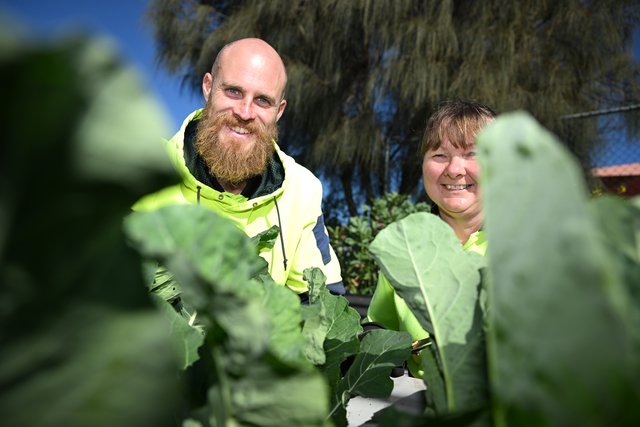Investigations are continuing in an attempt to identify the source of several oil spills into the Werribee River at Bacchus Marsh.
Environment Protection Authority officers have inspected the river three times over the past month following reports of floating oil.
EPA regional services executive director Damian Wells said at their first visit on Tuesday, May 10, officers observed an oily discharge entering the river from a stormwater drain.
“During this inspection, we were unable to trace the pollutant to a source,” Mr Wells said.
“However, Melbourne Water deployed a boom, which is still in place today, to contain and absorb the spill and stop it travelling further downstream.”
In the latest incident, last Wednesday, EPA officers found a “small amount of pollution” entering the river from the same drain, but again the source could not be traced.
Melbourne Water officers also attended and deployed a second boom closer to the drain to help absorb the substance.
“The intermittent nature of the discharge and the large, complex stormwater system is making it difficult to identify the source,” Mr Wells said.
“EPA will continue to work with Melbourne Water and council to identify the source of the pollution and stop it entering the river.
He said the EPA advised people to avoid contact with any water that had a visible sheen.
Ben Courtice, a Bacchus Marsh member of Friends of the Werribee River, said the oil spill smelled strongly, similar to diesel or old industrial oil, and stretched for about 500 metres along the water.
“I saw a swamp wallaby near the river this morning [Wednesday] and there are several waterbird species along there,” Mr Courtice said.
“It’s frustrating because we don’t know what the oil is. It could be dangerous solvents, could be diesel.
“The friends group have been putting a lot of effort into revegetating the creek bed and we don’t know how much it’s been damaged as a result.”
Mr Wells urged people to report pollution to EPA as soon as they see it by calling 1300 372 842 or via the EPA website.
“Prompt reporting increases our ability to identify a source, remedy the problem and minimise any environmental harm,” he said
Penalties apply to companies and individuals polluting waterways.







